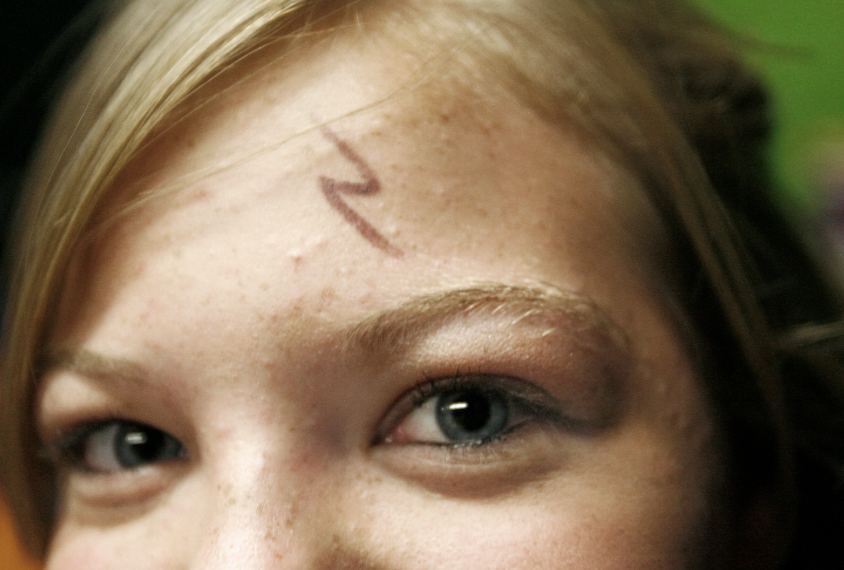Jonathan’s research areas include Writing Studies, Composition/Rhetoric, New Media Studies, and Sexuality Studies.
His scholarly work focuses primarily on the use of emerging communications technologies in the teaching of writing and in shifting conceptions of what writing, composing, and authoring mean.
Jonathan also works at the intersection of the fields of writing studies and sexuality studies, where he explores what theories of sexuality, particularly queer theory, have to teach us about literacy and literate practice in pluralistic democracies.
Jonathan’s books include “Writing Youth: Young Adult Fiction as Literacy Sponsorship” (Rowman & Littlefield, 2017), “On Multimodality: New Media in Composition Studies” (with Jacqueline Rhodes, CCC Studies in Writing & Rhetoric, 2014), “Understanding Rhetoric: A Graphic Guide to Writing” (with Elizabeth Losh, Bedford/St. Martin’s, 2013), “Bisexuality and Queer Theory” (edited with Serena Anderlini-D’Onofrio, Routledge, 2011), “Finding Out: An Introduction to LGBT Studies” (with Deborah Meem and Michelle Gibson, Sage, 2010) and “Literacy, Sexuality, Pedagogy: Theory and Practice for Composition Studies” (Utah State University Press, 2008).



